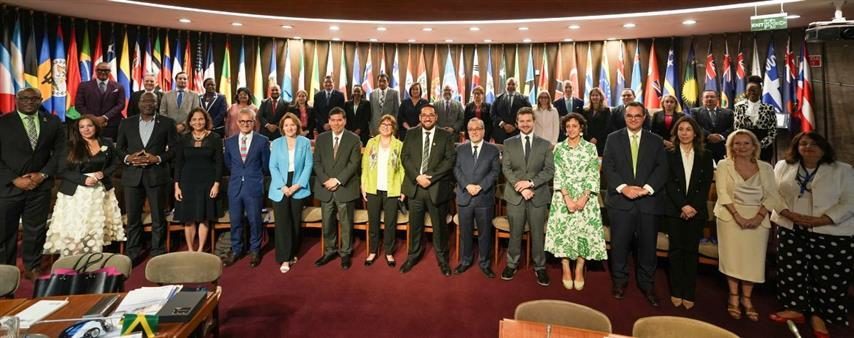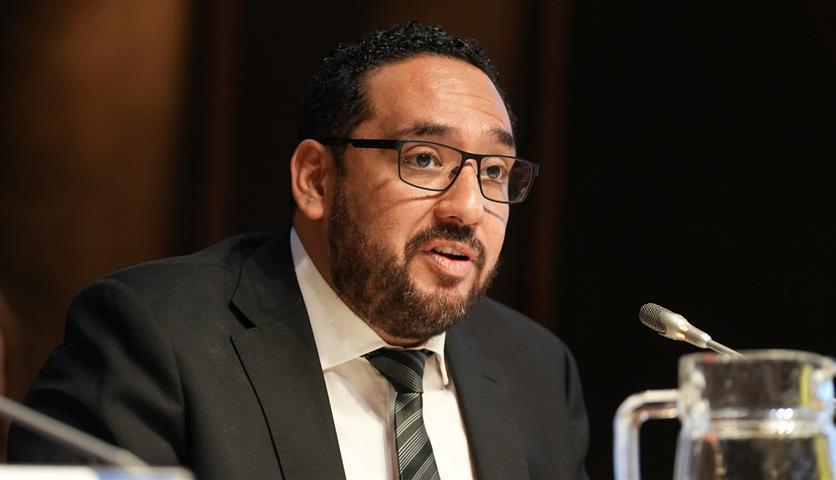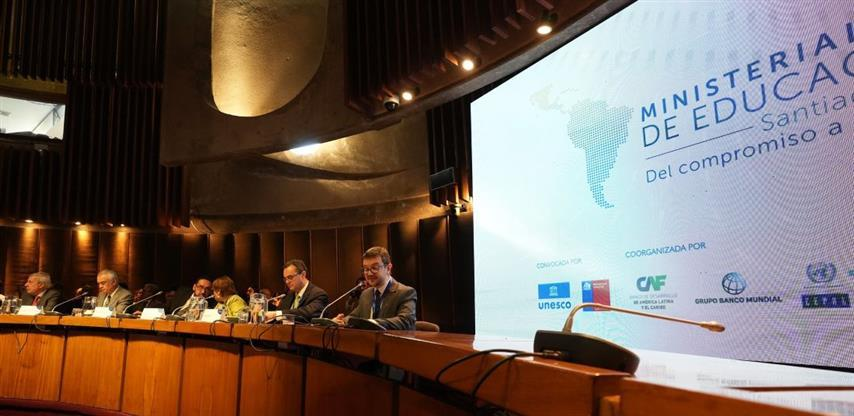
Latin American Summary, January 28, 2024.
Education ministers, officials and experts from the region began a debate in Chile today on how to restore and transform education models at a time of great economic, environmental and political tensions.
The extraordinary meeting was convened by the United Nations Educational, Scientific and Cultural Organization (UNESCO) and other UN agencies and will take place at the headquarters of the Economic Commission for Latin America and the Caribbean (ECLAC).
The aim of the meeting is to advance the definition of public policies to overcome the damage caused by the Covid-19 pandemic to the teaching-learning process and modify it to be effective in today's world.
Opening the event, Chilean Foreign Minister Alberto van Klaveren noted that the global health crisis has exacerbated pre-existing gaps in access to the school system, which he said urgently needs to be addressed.

The Chancellor emphasized that these are not simply goals that need to be achieved as part of the Millennium Development Goals, but rather a commitment by everyone to improve the lives of future generations in the region.
In this sense, the Executive Secretary of ECLAC, José Manuel Salazar-Xirinachs, recalled that education is a key element to address and overcome the triple development trap facing Latin America and the Caribbean.
He pointed out that the reality of our region is characterized by high inequality, the chronic inability to grow faster and institutional inadequacies to address such challenges.
Any successful strategy for sustainable development, environmental protection and growth and employment inevitably requires investments in the training and preparation of human capital, said Salazar-Xirinachs.

Chilean Education Minister Nicolás Cataldo assured that Covid-19 has caused many losses and has shaken a fundamental thread, a cultural link that binds families and each of their members to an educational institution.
“Our mission is for our children and young people to return to school, see them again and experience a transformative exercise in their classrooms,” he explained.
Meanwhile, Claudia Uribe, Director of UNESCO's Multisectoral Regional Office in Chile, noted the broad response to this call and invited us to work together towards the goal of moving from engagement to action and creating more just societies.
Other speakers noted the importance of maintaining the quality of education in a world facing other equally complex challenges, such as climate change, the economic crisis, food insecurity, migration and the challenges of digitalization and artificial intelligence.
Source: Prensa Latina

